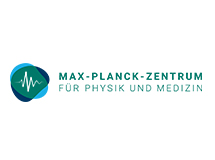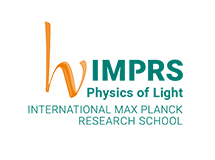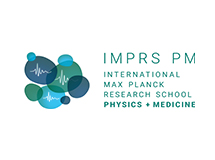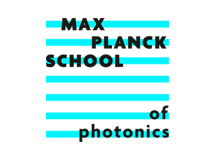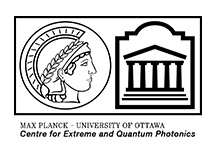Howard Milchberg - Spatio-temporal Optical Vortices
Professor Howard Milchberg, Institute for Research in Electronics & Applied Physics University of Maryland, College Park, Maryland, USA
Seminar room, A.1.500
Abstract:
When an optical pulse propagating through a nonlinear medium exceeds a certain threshold power, it can focus itself and collapse, in theory, to a singularity. In practice, several physical mechanisms mitigate or arrest this catastrophic collapse and the pulse continues propagation as a filamentary structure. This scenario has played out in many nonlinear optics systems over decades: among them are air filamentation, relativistic self-focusing in plasmas, laser-material processing, and nonlinear generation of broadband light. Recently, we showed that self-focusing collapse and collapse arrest is universally accompanied by the generation of previously unobserved, robust topological structures: spatio-temporal optical vortices (STOVs). I’ll describe our experiments and simulations leading to this result, and more recent experiments where STOVs are externally generated and then nonlinearly propagated.
Biography:
Howard Milchberg received his undergraduate degree in Engineering Physics from McMaster University. He held a National Science and Engineering Research Council of Canada Fellowship at Princeton University, where he completed his Ph.D. in Astrophysical Sciences. His dissertation was on one of the first two soft x-ray lasers experimentally demonstrated. Milchberg then joined Bell Laboratories as a postdoc, where he performed among the first experiments in high intensity femtosecond laser-plasma interactions. In 1988 Milchberg joined the University of Maryland, where he received a NSF Presidential Young Investigator Award. He is a Professor in the Departments of Physics and Electrical and Computer Engineering. Milchberg is a Distinguished Scholar-Teacher at Maryland (2005) and a recipient of the Senior Faculty Outstanding Research Award (2016) from the Clark School of Engineering. In 2005, he was awarded the APS Division of Plasma Physics (DPP) Award for Excellence in Plasma Physics Research for the first experimental demonstration of high intensity optical waveguiding in plasma fibres. He is a Fellow of the APS and the OSA. Three of his graduate students have won the APS-DPP Marshall Rosenbluth Award for their dissertation research.
About DLS:
The Distinguished Lecturer Series (DLS) follows a colloquium format for a broad audience and will be followed by a reception to provide an opportunity for meeting the speaker.

